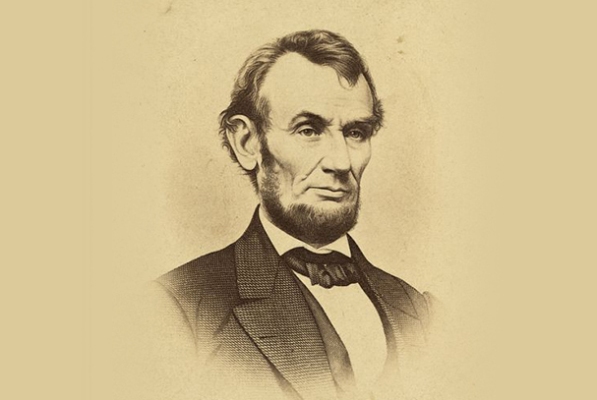The following article was written by Joel Peterson, Chairman of JetBlue Airways, and posted to LinkedIn on April 11, 2014. It blows my mind and I don’t seem to tire reading it, especially when I lose steam in pursuing my passion and purpose. He sums his article up nicely as you will see, by saying “When you hit a bump that feels like a failure, realize that you’re in the company of the world’s greatest leaders, inventors, businesspeople and reformers – and think of failure not as a sign of weakness, but as the valuable raw material from which you can forge success.”
FAILURE: A KEY TO SUCCESS by Joel Peterson
Abraham Lincoln failed all the way to the White House. Lincoln’s resilience in the face of defeat was among his greatest strengths – a good lesson for anyone striving for lofty goals.
After one of my own early setbacks, a good friend framed the following reminder of Lincoln’s journey. Today, it still hangs in my office:
President Lincoln’s Road to the White House
1816: Family was forced out of their home — went to work to support them.
1818: Mother died.
1831: Failed in business.
1832: Ran for state legislature – lost.
1832: Lost his job, was denied entrance to law school
1833: Borrowed money to begin a business – bankrupt within the year.
(Spent the next 17 years paying off this debt.)
1835: Engaged to be married – sweetheart died.
1836: Had a nervous breakdown, spent six months convalescing.
1838: Sought to become speaker of the state legislature – defeated.
1840: Sought to become elector – defeated.
1843: Ran for Congress – lost.
1846: Ran for Congress again – won.
1848: Ran for re-election to Congress – lost.
1849: Sought the job of land officer in his home state – rejected.
1854: Ran for Senate of the United States – lost.
1856: Sought VP nomination at national convention – got fewer than 100 votes.
1858: Ran for U.S. Senate again – lost again.
1860: Elected president of the United States.
Examine the lives of many leaders and you’ll find a pathway strewn with more failures than you expected.
In his now-famous 2005 commencement address at Stanford, Apple’s Steve Jobs reflected on a key turning point in his life – being fired by Apple. Just 30 years old and grappling with the loss of the highly successful company he’d founded, Jobs was crushed.
But instead of giving up, he threw himself back into the fray at his small startup, NeXT computer, then another, Pixar – and of course, he found his way back to Apple after a decade of exile.
“It turned out that getting fired from Apple was the best thing that could have ever happened to me,” he said. “The heaviness of being successful was replaced by the lightness of being a beginner again.” With this, Jobs’ determination to rebound became central to his legacy.
President Teddy Roosevelt spoke admiringly of a figure he called the Man in the Arena, one “whose face is marred by dust and sweat and blood; who strives valiantly; who errs, who comes short again and again.” Roosevelt, Lincoln and Jobs, like many pioneers before and after them, spent their lives “in the arena,” subject to its vagaries, reversals and woes.
So, for anyone contemplating “setting foot in the arena,” it’s good to keep these sobering journeys in mind. Consider the following as you step into the fray:
- There’s “important information” in failure. It was Thomas Edison who declared, “I have not failed. I’ve just found 10,000 ways that won’t work.” He followed up with, “Negative results are just what I want. They’re just as valuable to me as positive results.”
- The worst nearly always passes more quickly than you think. Move forward. What can seem at the current moment like a cloud that will forever cast its shadow may be little more than a memory when the sun breaks through again. You may look back over travails as something you’d not wish on your worst enemy, but that you’d not want to have missed in your own development. Many failures are devastating, but if you proceed with integrity and refuse to let setbacks change your spirit, you may rebound stronger than ever.
- Accept responsibility. Once, when involved in a conflict I’d concluded was entirely the responsibility of another party, a wise woman asked me, “What did you contribute to this unhappy situation?” At first, my answer was, “Nothing.” But as I reflected on things, I could see I’d been a “joint venture partner” in my distress. Assessing our own contributions to setbacks not only helps avoid future problems, but it can also keep failure from spawning victimhood.
When you hit a bump that feels like a “failure,” realize that you’re in the company of the world’s greatest leaders, inventors, businesspeople and reformers – and think of failure not as a sign of weakness, but as the valuable raw material from which you can forge success.
